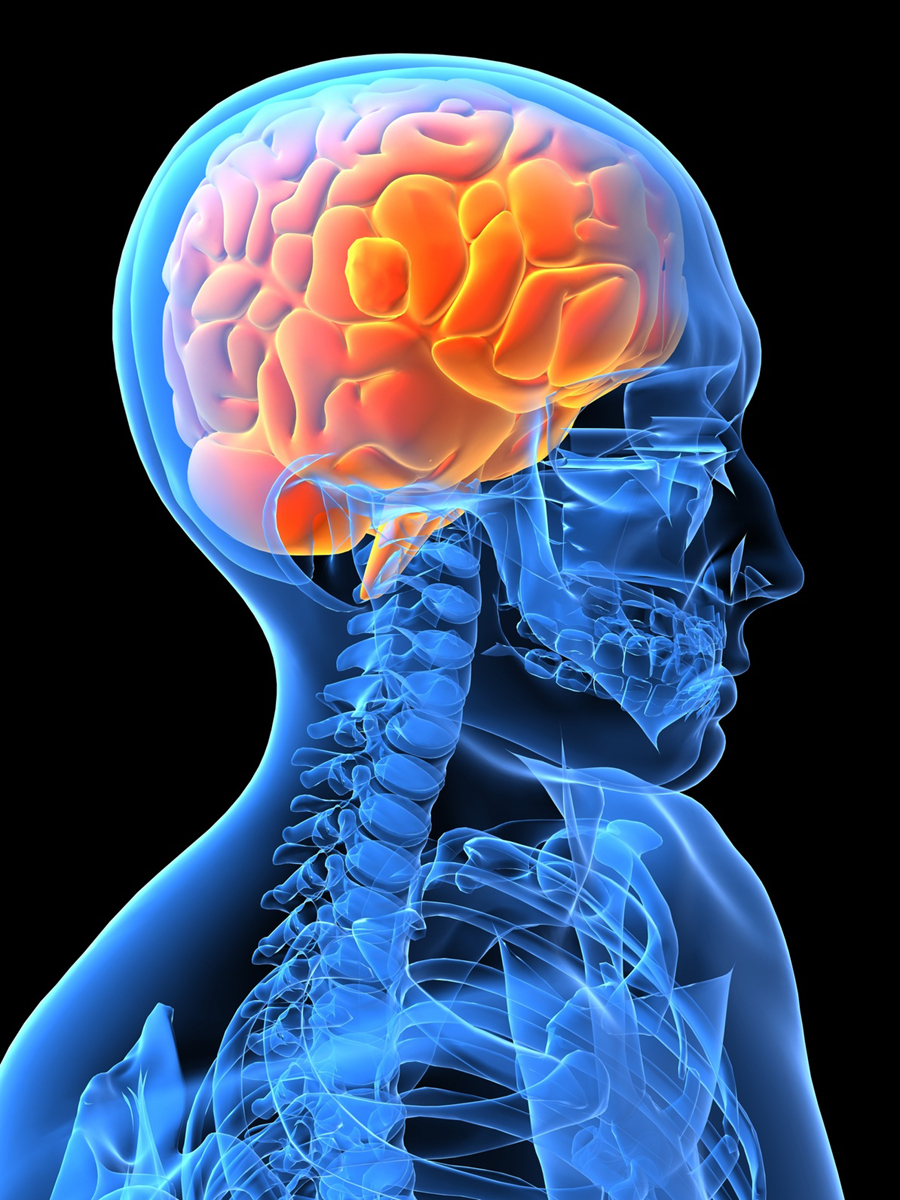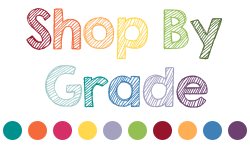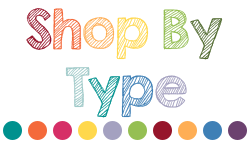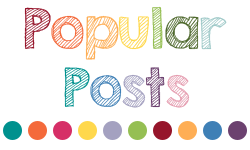
This week was one of those weeks for me! Regardless of how hard I tried to sit and write IEP goals, do my medicaid billing, or lesson plan for next week, I just couldn’t! Now granted, this week was our parent-teacher conference week, which meant we were at work until 7 (and I couldn’t go home in between school and conferences because I live 45 minutes away), but still. My attention was definitely not what I wanted it to be this week.
Instead, I found myself wanting doing other “less cognitively demanding” things instead: delivering forms for students to have parents sign and return, checking in with a few teachers regarding my student progress, laminating and cutting out some new TpT things, etc. Throughout this week, I couldn’t help but think several times how we as adults have a ton of different options for clearing our heads during the day, but many of our students don’t have many of those options!

As adults, we can get up and walk to the bathroom if we need a minute or two to give ourselves a break. We can also decide to procrastinate or rearrange the order of our tasks during the day depending what we’re in the mood for. We can even listen to music, send a friend a message about dinner plans or, heaven forbid, take a quick look at Facebook). Our students can’t! It’s no wondering problems with work completion, following directions, or paying attention are the most common things I have teachers asking me for help with!
In college, I took a class that talked a lot about neurological research and how to improve memory. And one of the things my professor mentioned was that people always remember the first and last thing they learn in a given segment of time. So…if you’re teaching a class for 35 minutes, chances are they’ll remember about the first and last 3 minutes. However, if you teach a class for 10 minutes, break for 2, teach for 10, break for 3, teach for 10, they’ll remember the first and last 3 minutes of EACH of the teaching segments.
 So when teachers need help with a student who struggles to focus, one of the first things I do is talk about brain breaks. I’ve heard all kinds of statistics about how long students of various ages can pay attention, but the bottom line is that it’s MUCH MUCH shorter than you’d think. The purpose of brain breaks is to provide some type of physical and/or mental time-out so that students can return refreshed to their tasks a few minutes later. Many are physical in nature (do 10 jumping jacks, crab walk, etc.), but they can be mental as well (say the alphabet backwards as fast as you can, summarize what I just said to your partner, etc.). Ultimately, anything that gives your students a chance to do something DIFFERENT for a few minutes will work. And while It doesn’t last more than 2 or 3 minutes, I’m always amazed how much of a difference it makes when I use them in my room!
So when teachers need help with a student who struggles to focus, one of the first things I do is talk about brain breaks. I’ve heard all kinds of statistics about how long students of various ages can pay attention, but the bottom line is that it’s MUCH MUCH shorter than you’d think. The purpose of brain breaks is to provide some type of physical and/or mental time-out so that students can return refreshed to their tasks a few minutes later. Many are physical in nature (do 10 jumping jacks, crab walk, etc.), but they can be mental as well (say the alphabet backwards as fast as you can, summarize what I just said to your partner, etc.). Ultimately, anything that gives your students a chance to do something DIFFERENT for a few minutes will work. And while It doesn’t last more than 2 or 3 minutes, I’m always amazed how much of a difference it makes when I use them in my room!
Recently, I put a brain breaks card pack in my TpT Store, or you can get here. I thought I’d already written a post about it, but I hadn’t, so I’m sorry about that! It contains 33 different ideas (in color and in printer-friendly black and white) for helping your kids get out of their seats and move around. They’re presented in Powerpoint format so you can print them out many different sizes to fit your needs!







